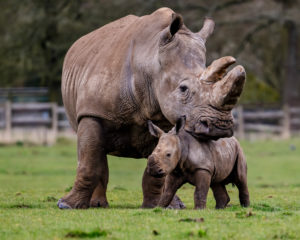Left Handers Unite
Left Out!
It’s International Left Handers Day on August 13th
Are you a leftie? If you are, then like me, you’re part of the special minority who make up about 12% of the population.
Handedness arises from a complex mix of factors which include: genetic influences, prenatal development, hormones, birth circumstances, and even season you’re born in!
Studies on twins suggest that genetics account for around 25 % of the variance; the rest likely stems from developmental “noise” in the womb, which refers to the random, unpredictable biological factors that affect how a baby develops during pregnancy. These are non-genetic influences, so they’re not inherited, but instead arise from subtle variations in the environment inside the womb. In the context of left-handedness, developmental noise might include:
- Small fluctuations in hormone levels, especially testosterone.
- Slight differences in blood flow to parts of the brain.
- Minor changes in how cells grow or organise on the left vs. right side of the body.
- Birth position or events during delivery.
All these random factors can influence which side of the brain becomes dominant for things like language and motor skills – ultimately determining whether a child becomes left or right-handed, which is why identical twins (with the same DNA) can have different handedness. Biology is not always predictable!
In medieval Europe, being a leftie was linked to witchcraft and evil – ‘sinister’ literally meant left, so children were often forced to use their right hand.
In a right‑handed world, everyday tools – scissors, kitchen knives, your computer mouse, are usually designed with right‑handers in mind. If you want to know how annoying that is…try cutting along a straight line using normal scissors with your left hand!
Left‑handers often bring advantages though, such as improved spatial awareness, creativity, and sometimes even an edge in sports.
Being left-handed is part of what makes me ‘me’. I like being a leftie, even if scissors are my nemesis!
By Kye White












